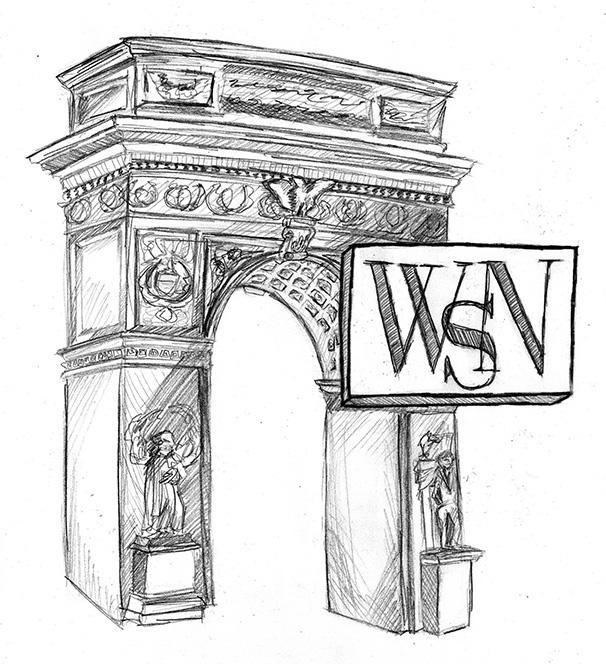NYU Should Reevaluate the LS Program
February 15, 2017
The Core Program at NYU’s Liberal Studies Program is designed to give students a broad foundation for future education, and primarily concerns itself with writing and ancient cultures. “A true core curriculum experience, emphasizing the great works of the world’s leading cultures from antiquity to today,” describes the program’s online profile. This model, however, is frustrating to students because it wastes time, does not offer valuable curriculum and limits their options.
While the intention of a liberal arts education is to give students a well-rounded education, the structure of the program immensely limits students. During freshmen year, LS students only get to chose one class out of eight slots. The other seven slots are filled by four humanities classes, two writing classes and one science class. Furthermore, during sophomore year, LS students have to take two more humanities classes to finish the LS core. If this was not already enough, students then have to complete the core curriculum of the school they chose to transfer into. For example, if a student goes into the College of Arts and Sciences, they have to take a math class, another science class and other prerequisites for their major. Once this is all finished, students can finally focus on their chosen major.
While NYU acts as though the program gives undeclared students two years to figure out a given major, it actually limits students’ ability to explore multiple interests. Unless students plan on going into philosophy or art history, there is no reason they should need to re-read “The Iliad” or any other dry philosophical texts that have no application in business, law or science. If the university truly cared about letting students figure out what they want to do while obtaining an all-encompassing education, then it would give them room to take classes in many different departments. Instead, LS plagues students with endless core classes that leave very little room for classes that do not directly count toward their major. However, many LS students do not realize these limitations upon being accepted, which causes immense frustration.
The College of Arts and Sciences — NYU’s largest school — already prides itself on being a liberal arts college. The existence of a separate liberal studies program is simply redundant and unnecessary. Currently, CAS students have to take many core requirements — as in NYU’s other schools — but they still have room to explore varying disciplines to extend their education beyond requirements for the core program and their majors. The NYU administration should really reevaluate the structure of the LS program to see if it is truly producing students with knowledge of an array of topics or students who just wasted nine of their class slots on irrelevant information.
Email the WSN Editorial Board at [email protected].
























































































































































